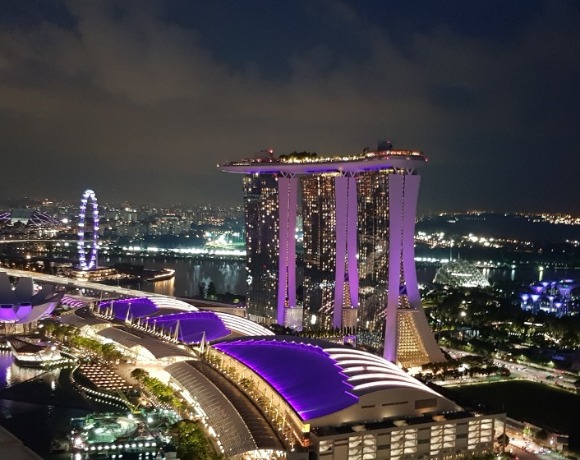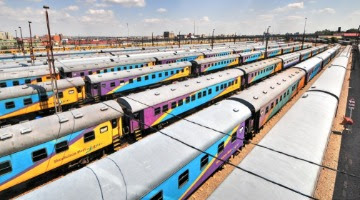TXF
The AfDB bank has approved a €117 million loan to finance investment into making drinking water available in Morocco.
By Tarek Bazza –
Tarek Bazza is a journalist at Morocco World News with Master’s degree in Translation from King Fahd School of Translation in Tangier.
The project “aims to secure access to drinking water through new investments in treatment processes and drinking water supply networks” in Morocco, AfDB wrote in a statement on November 6.
The board of directors of the African Development Bank Group (AfDB) said it approved the loan on Monday, November 5.
The project will target 2.5 million people in Guercif in the northeast, Zagora in the east, Al Hoceima in the north, Tangier, and Beni Mellal in central Morocco.
Mohamed El Azizi, the bank’s director-general for the North Africa region, described the bank’s contribution as “strategic.”
“Guaranteeing access for all to high-quality drinking water is the prerequisite for any form of sustainable development,” El Azizi said.
The program, which plans to ensure sustainable access to drinking water, meets two of the bank’s five highest priorities: “Improve the quality of life for the people of Africa” and “Industrialize Africa.”
For Leila Farah Mokaddem, the bank’s Morocco country manager, the project “will contribute to further improving the quality of life of millions of Moroccans.”
“Taken together with our investments in education, agriculture and energy, it will facilitate the emergence of new poles of development,” Mokaddem added.
The project, according to AfDB, is in line with the objectives of the National Emergency Water Sector program and relevant sustainable development goals. The project is also aligned with the priorities set in the 2016-2020 investment plan of Morocco’s National Electricity and Drinking Water Agency (ONEE).
In June, the head of ONEE in the Fez region, Mohammed Berkia, said that office is adopting projects to improve the potable water supply in Al Hoceima through 2035.
Berkia said the projects would cost an estimated MAD 714 million. The government has budgeted MAD 900 million for the project, which will launch by the end of the year.
Berkia’s statements came three weeks after King Mohammed VI instructed the government to build river and hill dams to help alleviate water scarcity in rural Morocco.
The King appointed a commission led by Head of Government Saad Eddine El Othmani to find appropriate solutions to the problem.
The monarch called on the commission to establish desalination plants and to ensure sustainable water in agricultural fields.
In March 15, El Othmani announced that the government would introduce a national water plan through 2050 to solve water shortages in Morocco.
According to the AfDB, the fifty-year partnership between Morocco and the bank includes more than 160 projects and programs with a total fund of more than $10 billion.
More than 80 percent of the funding has been devoted to basic infrastructure in energy, water, transport, agriculture, and social development.
The view from Asia: Preparing for globalisation mark two
Katharine Morton
Farooq Siddiqi, global head of trade and Samuel Mathew, global head of documentary trade at Standard Chartered talk to TXF in Singapore about the big picture of protectionism and the wider march of technology in trade.
The message is, don’t fixate on digital ‘islands’ as going more deeply into local markets could be the answer.
Blockchain’s big opportunity: rebooting trade finance
Sen Ganesh
Will blockchain be able to learn the lessons of previous failures in attempts to digitise global trade? Sen Ganesh, partner with Bain & Company’s Financial Services practice and Joshua Kroeker, director and blockchain lead at HSBC Commercial Banking argue there’s a good chance, and that blockchain could even boost uptake of documentary credits if players follow certain maxims: think big, start small, grow fast.
All aboard for African railway projects?
Jonathan Bell
Rail projects have the capability to change the face of the African continent for both freight and urban passengers. But, argues Jonathan Bell, proper planning of viable rail links is essential if they are to find the right backers and mix of financing.
View all
I-75 Segment 3 highway P3 nears financial close
A $600 million-plus private activity bond (PAB) issue by Michigan Strategic Fund (MSF) is expected to price on November 14. Proceeds will be on-l…










